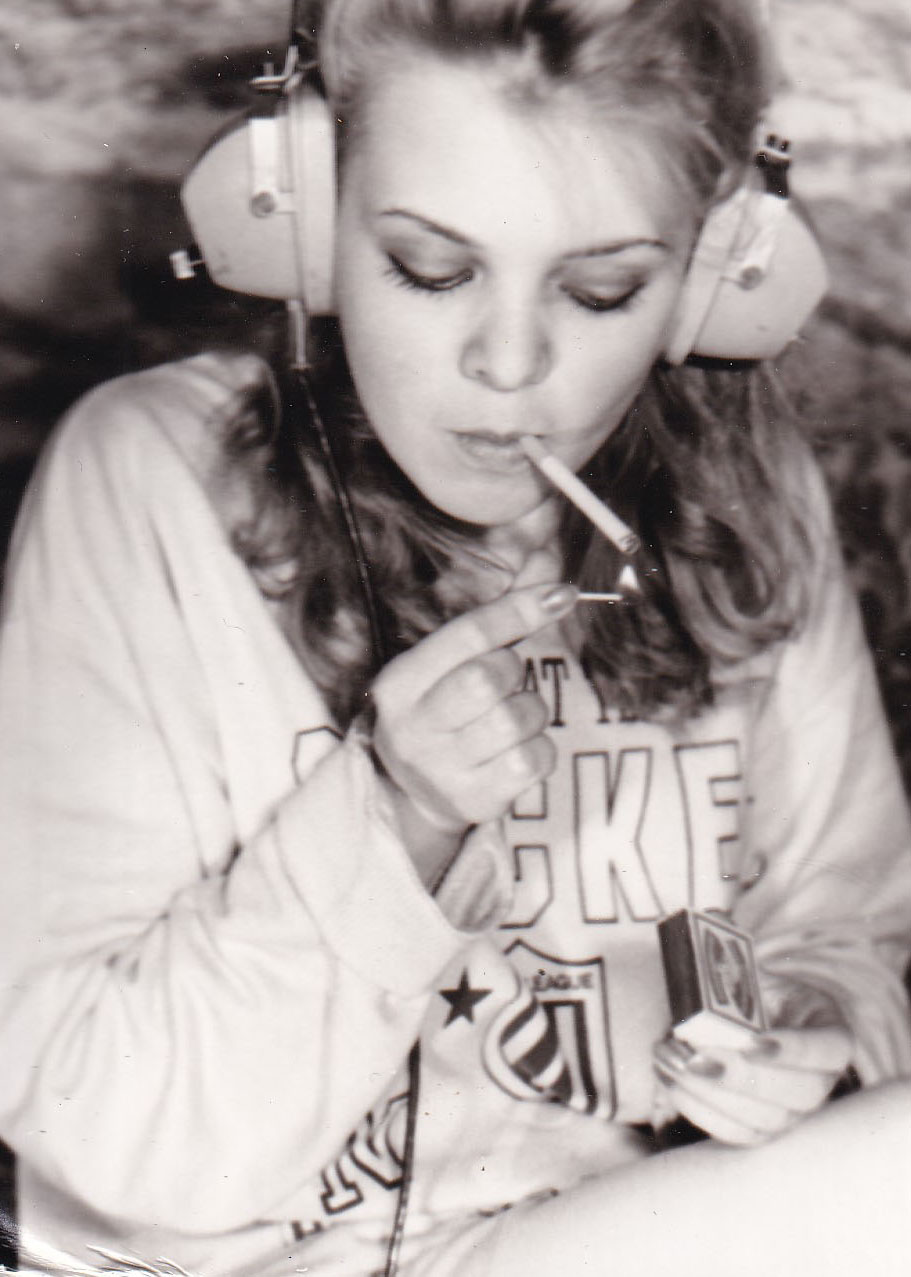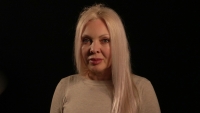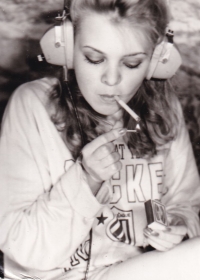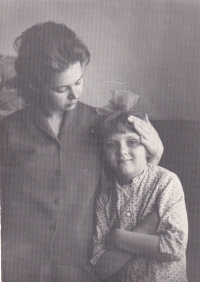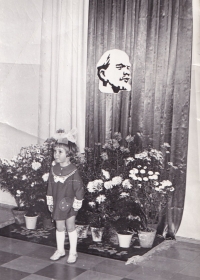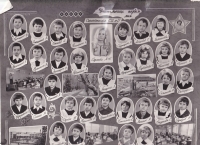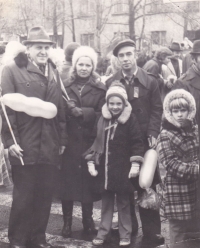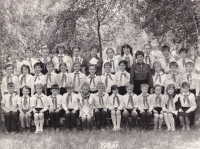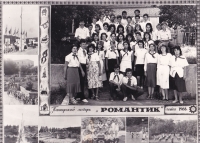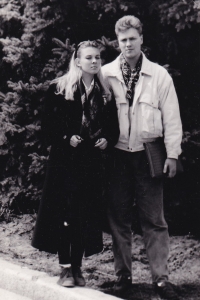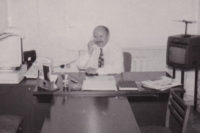After 2014, [the period of self-identification as a Ukrainian began]. As ashamed as I am to admit it, it happened precisely after [20]14. Before that, it was somewhere on the second, third, tenth order of importance, it wasn't a priority for me. Only after [20]14 did it become truly important. — And when did you realize, "Jeez, this is my home, my land, I will do everything I want here, and I will drive you out with all the forces available to me"? — I can't say that it happened on a specific day. But at some point, you know, when... I won't assert it right now, but probably one of the most vivid moments was after the liberation... Oh, God, no. It was the very moment of the liberation of Kramatorsk. I remember that day so well. We were in Kramatorsk on July 5th. We were visiting. Roman and I were traveling back and forth, and we spent that unforgettable night and the following day here. There was no water in the city already — where we lived, in an apartment on Druzhby [Street], there was no water, so we went to Belenkaya [Street] to bathe. And in the evening, we were returning to the apartment, and I remember: cars were coming toward us. At first, we didn't understand what [was happening] — the cars were driving without lights, and something seemed to be sticking out of their windows, and it was as if there were aliens sitting inside. Only when we got closer did we realize — these were fully armed people in helmets. These were, of course, — well, how else can you call the pidors — let's say, rashists, who were going into battle. Because as soon as we got to the apartment, we heard the battle, and it [continued] that whole night, it was truly unforgettable. It was the first time when there was gunfire so close. The gunfire was so intense that it blew us out of bed and into the farthest corner of the apartment, and we just took cover and lay on the floor until morning. Unforgettable sensations. — Was it a gunfight? — Yes, it was not only a gunfight; there was something very heavy — either shooting from our side or towards us. It was so loud that in a nine-story building, you sit there and feel like the walls are made of cardboard. It's a very interesting feeling because there's nothing you can do, and being afraid becomes kind of pointless. You don't get the sense that there are the last moments of your life, like everything is flashing before your eyes. Nothing flashes, but the sensations are very interesting. You are completely in the moment, here and now. And then — I remember that morning well, the people who were here, in Kramatorsk… God, Serhiy Korotun was still alive, we called each other every 15 minutes. He was walking to work on foot and passing through the square, and he was telling me what he saw. He said, "They gathered in the square, they loaded into cars, they drove out onto Ordzhonikidze [Street] [renamed Oleksa Tykhoho Street in 2016], they are leaving the city on buses along Ordzhonikidze." My God, we heard all of it. And then, when they told us, "The Ukrainians are on the square, we see Ukrainians on the square," I can't even begin to describe those emotions.
